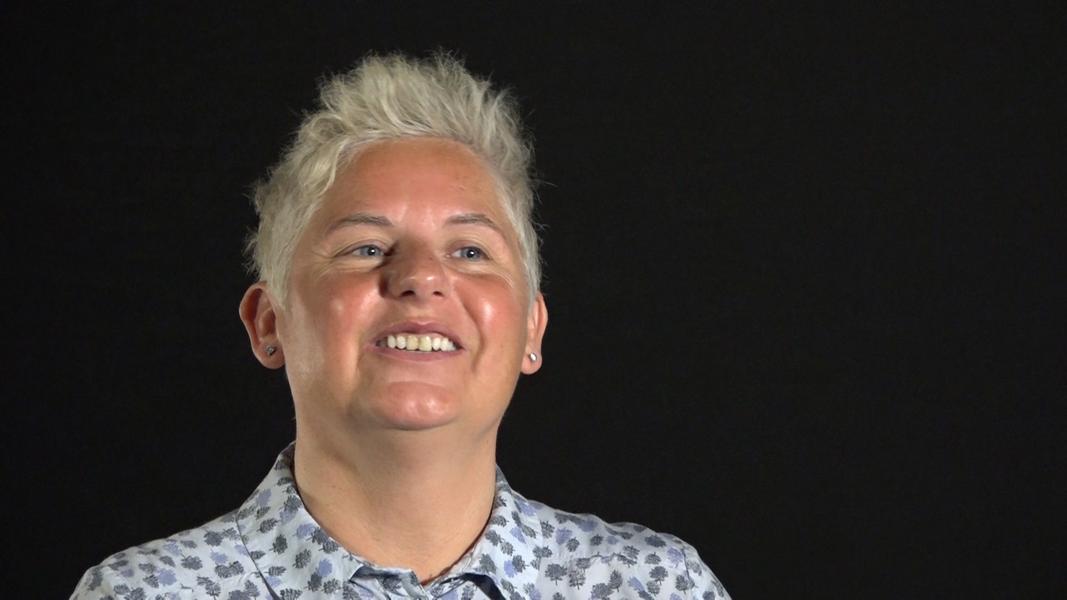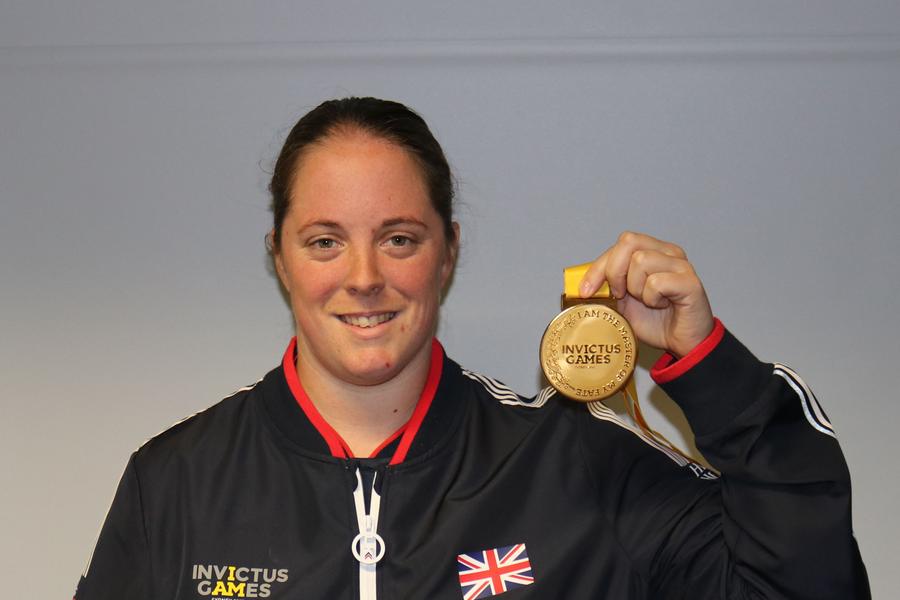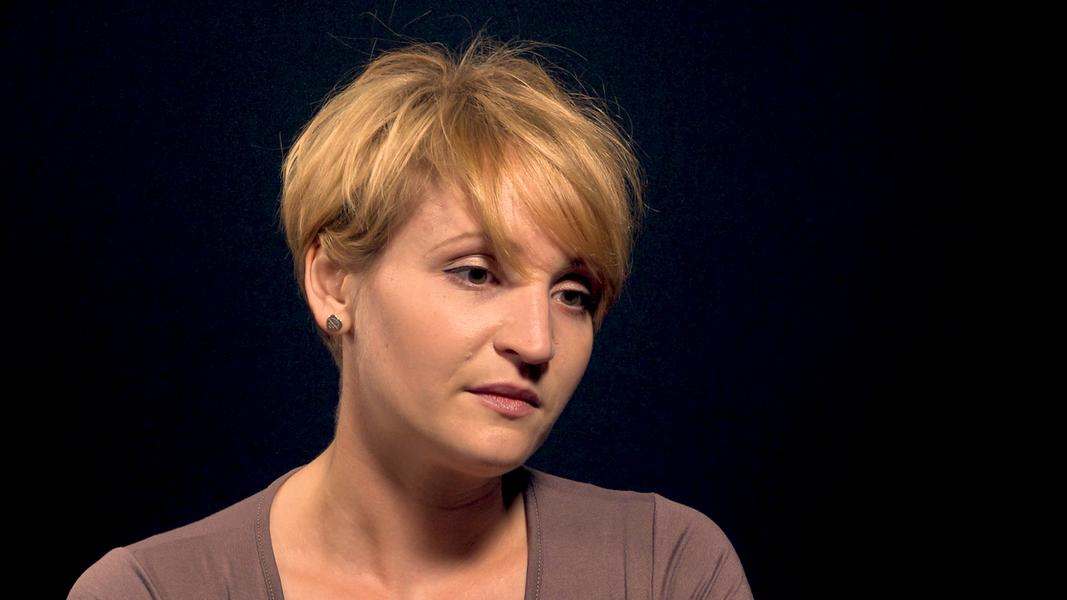so so much blast injuries.
But you got used to it, you got used to the blast injuries,
you knew how to manage it, you got into a routine
of dealing with them.
When I returned to the UK, my friends,
and my fiance at the time were saying to me,
you're a bit quieter than you used to be,
you're a bit more withdrawn.
I wasn't going out so much.
I didn't realize, it was quite subtle what was happening.
But I got to Braise for what was to be my final tour.
I felt sick at the thought of going back.
I should have put my hand up and said I'm not ready,
but I didn't, and got out there and I was literally
up here anxiety wise for most of it.
Most of the shots were more gun shot wounds than blasts
and they were in places that were quite futile.
So we couldn't save that many so it was horrendous.
Day after day after day of this was just, it was awful.
And then I was having nightmares at night, I couldn't
come down from it on our rest days, which weren't really
rest days.
I actually was running off the helicopter
by the end of that final tour, thinking, you know what,
if I got shot, it wouldn't matter.
Because if I got shot, it meant that I could either
go home early or I'd be dead
and I could end the nightmare that I'd started
to realize I was living in.




